1️⃣ Context
This American study followed several hundred women diagnosed with breast cancer to analyze their diet after diagnosis and determine whether certain food choices influenced their survival rate.
Researchers focused specifically on smoked, grilled, or high-temperature-cooked foods, since these methods generate toxic compounds such as polycyclic aromatic hydrocarbons (PAHs) and heterocyclic amines (HCAs).
2️⃣ Why These Foods Are Problematic After Cancer
PAHs and HCAs are carcinogenic compounds — they can damage DNA and promote the recurrence or progression of cancer.
After treatment, the body is often more vulnerable: the immune system is weakened, residual inflammation may persist, and tissues are still healing.
Regular exposure to these toxins could reactivate dormant cancer cells or accelerate the growth of micrometastases.
3️⃣ The Study’s Conclusions
Women who continued to consume smoked or grilled fish and meats regularly after their breast cancer diagnosis had a higher risk of death (both from all causes and specifically from breast cancer) than those who consumed them rarely or not at all.
The effect was dose-dependent: the more frequent the consumption, the lower the survival rate.
Participants who already had a high intake before diagnosis and maintained it afterward faced the highest risk,
while those who reduced their intake after diagnosis showed better survival outcomes.
4️⃣ Key Message for Breast Cancer Survivors
Limiting smoked, grilled, or charred foods after breast cancer may significantly increase survival chances.
This doesn’t mean never enjoying a BBQ again — but rather keeping it for special occasions and favoring:
- Low-temperature cooking (steaming, slow cooking, gentle indirect BBQ).
- Antioxidant marinades, which reduce the formation of toxic compounds.
- Clean wood or charcoal, indirect smoking, or filtered smoke.
5️⃣ Good to Know
The effects observed applied to both homemade and commercially smoked products.
Hot-smoked fish were among the highest in PAH levels in the study.
This advice aligns with other post-cancer dietary recommendations: limit red meat, avoid processed meats, and prefer plant-based proteins or gently cooked fish.

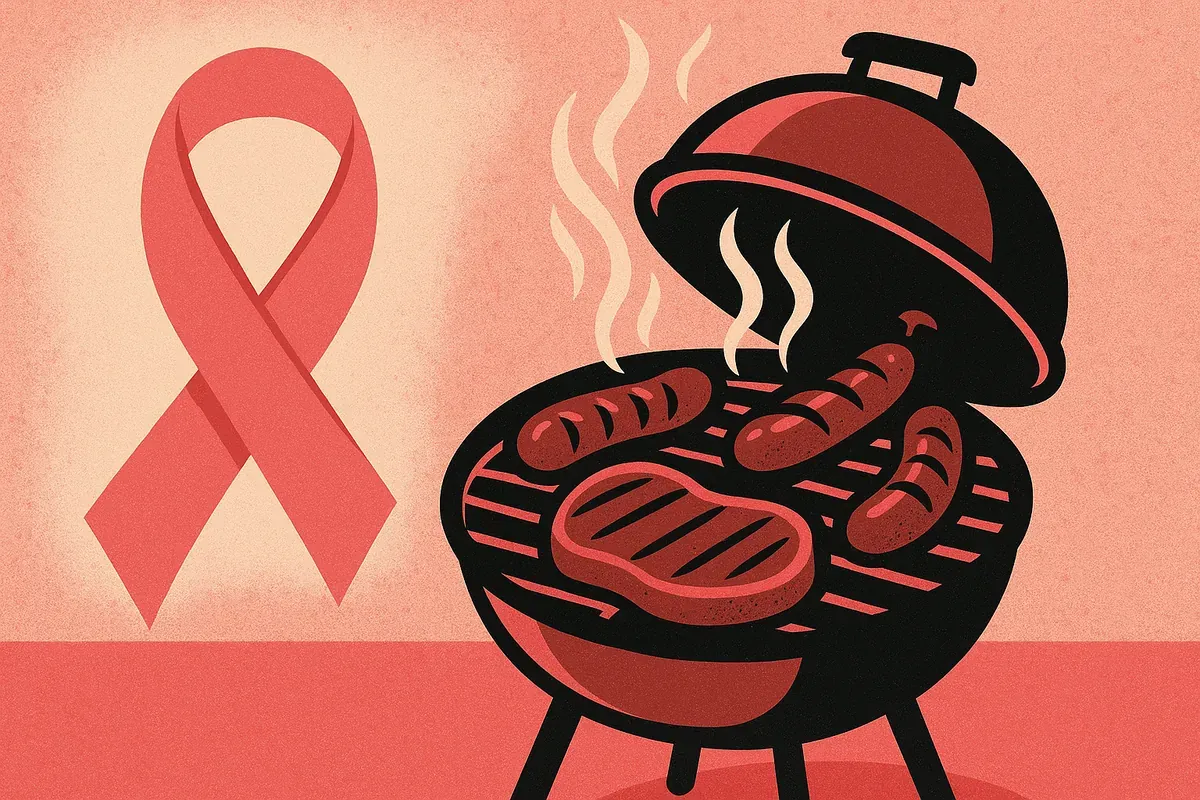

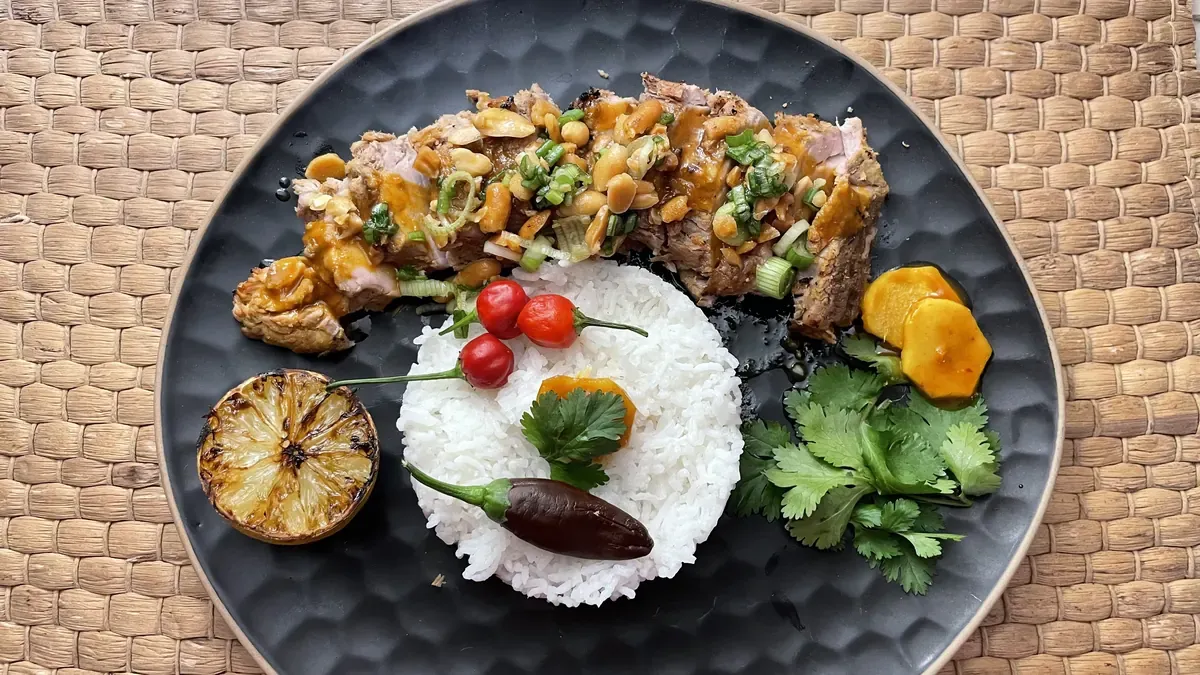
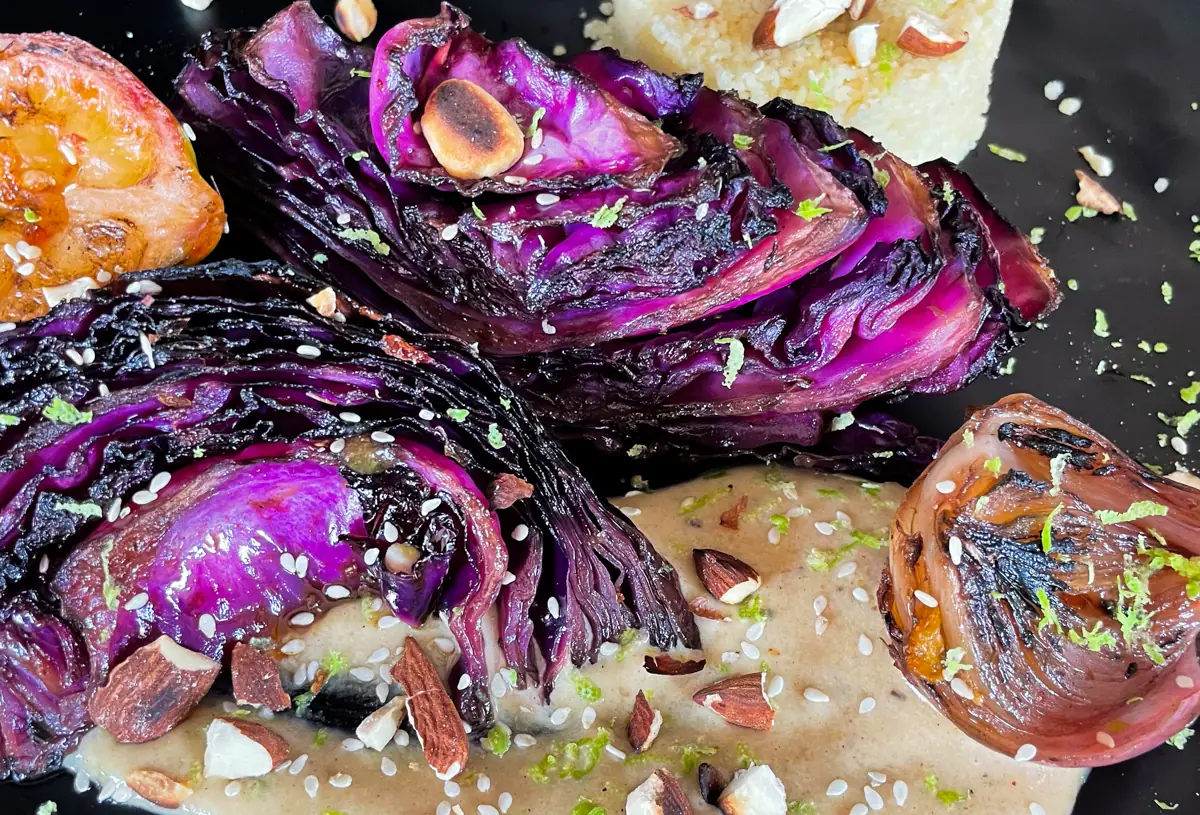
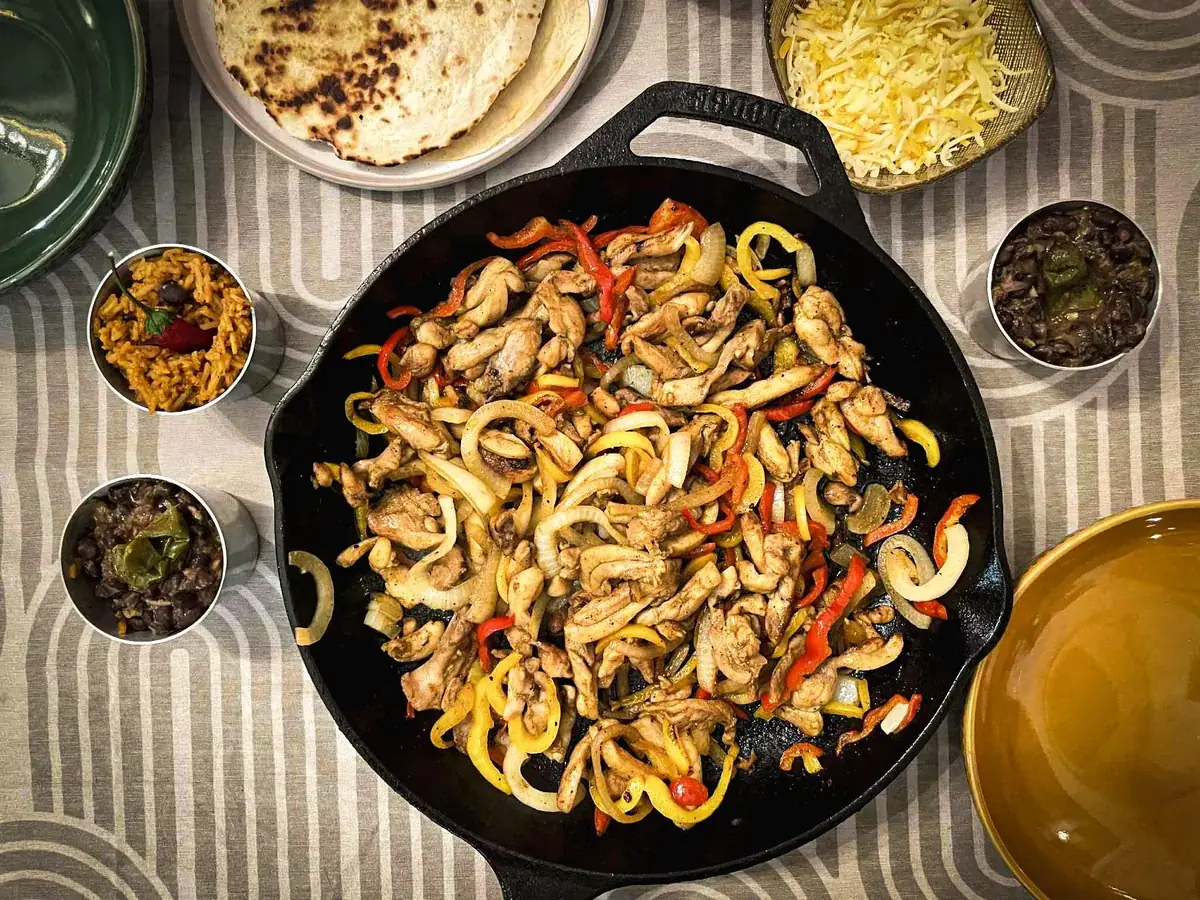
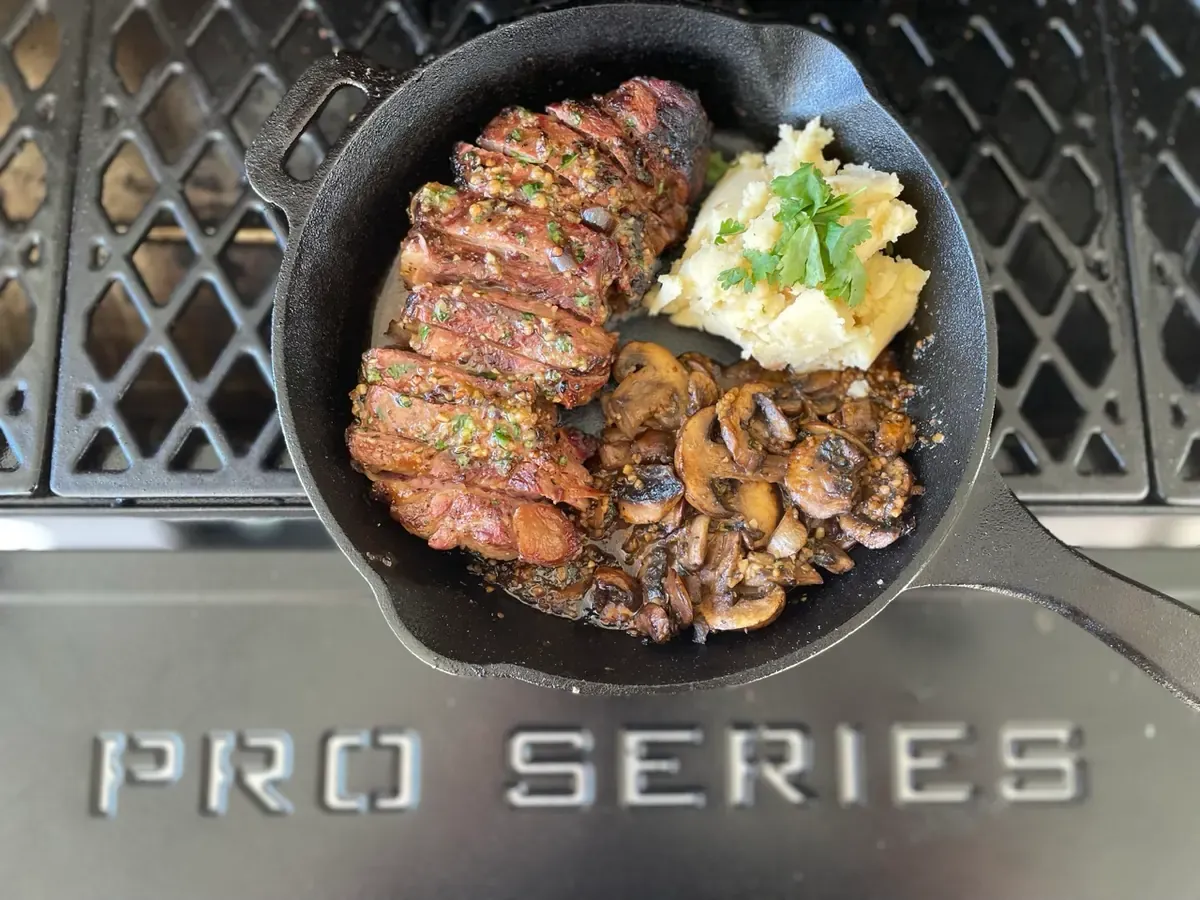

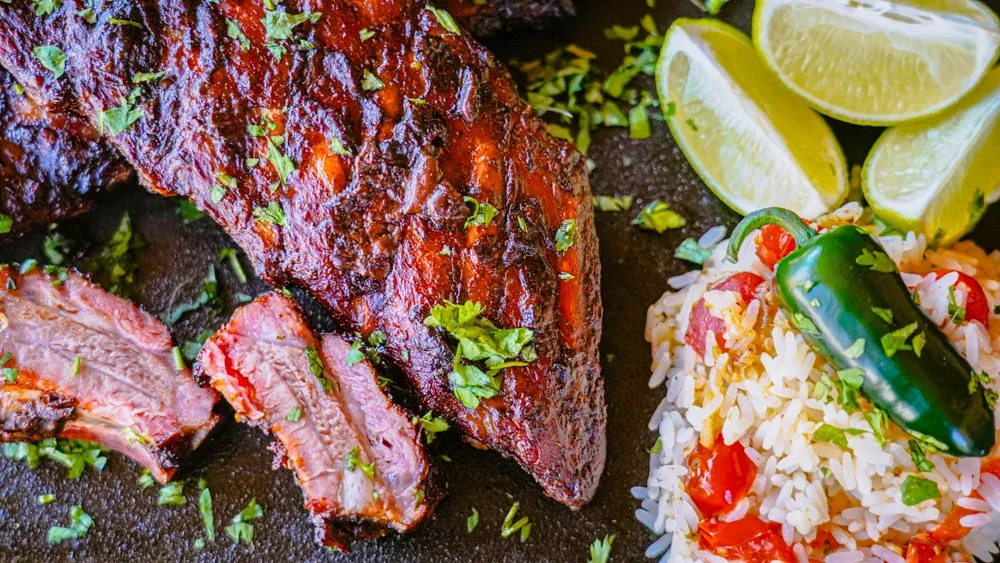

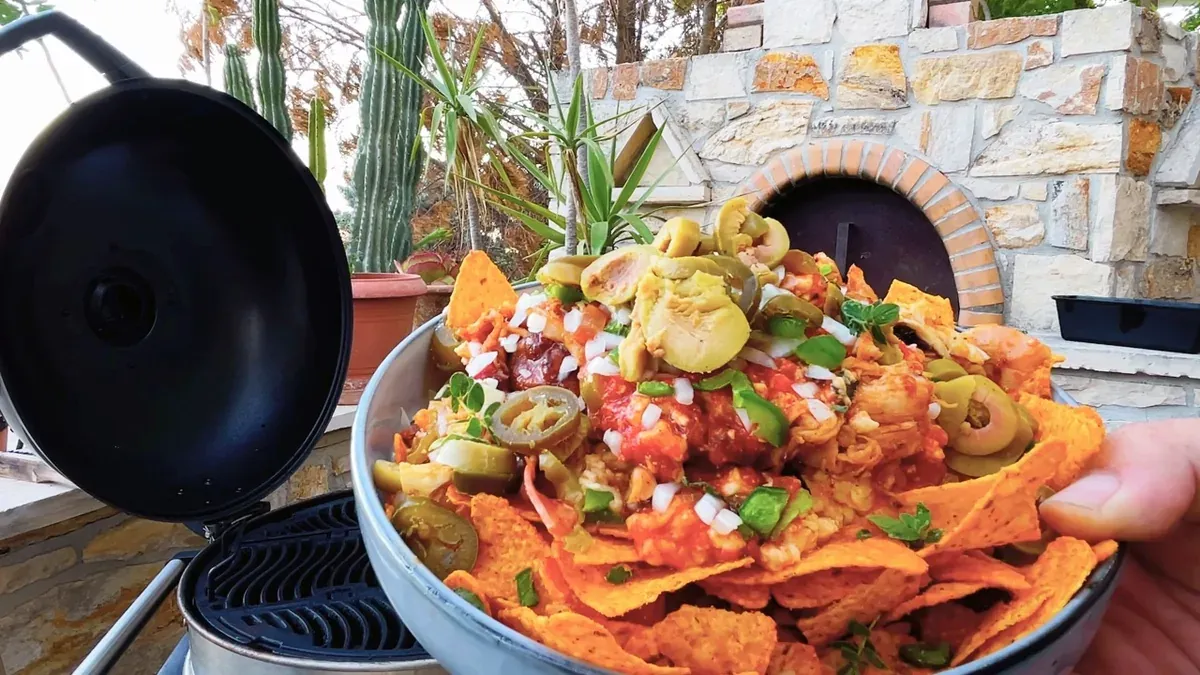

Discussion